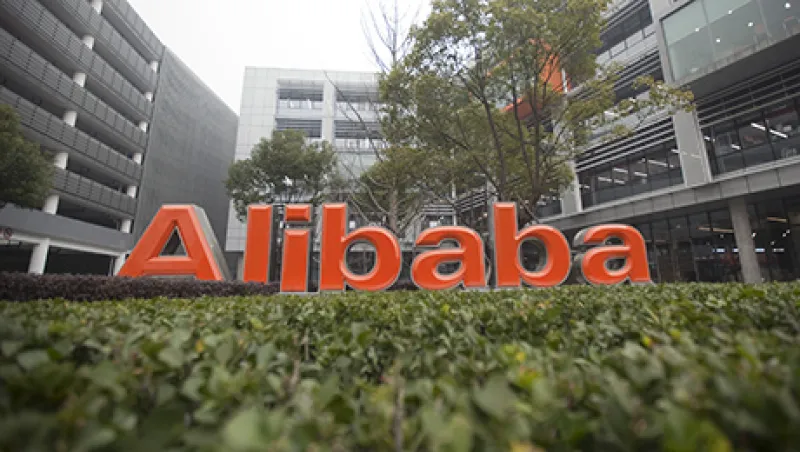
FILE PHOTO: Signage is displayed outside Alibaba.com Ltd.'s headquarters in Hangzhou, Zhejiang Province, China, on Friday, Feb. 24, 2012. Alibaba Group Holding Ltd., which rode China's emergence as an economic superpower over the last 15 years to become a massive online marketplace for everything from forks to forklifts, filed today for what could become the largest U.S. initial public offering ever. Photographer: Nelson Ching/Bloomberg
Nelson Ching/Bloomberg

